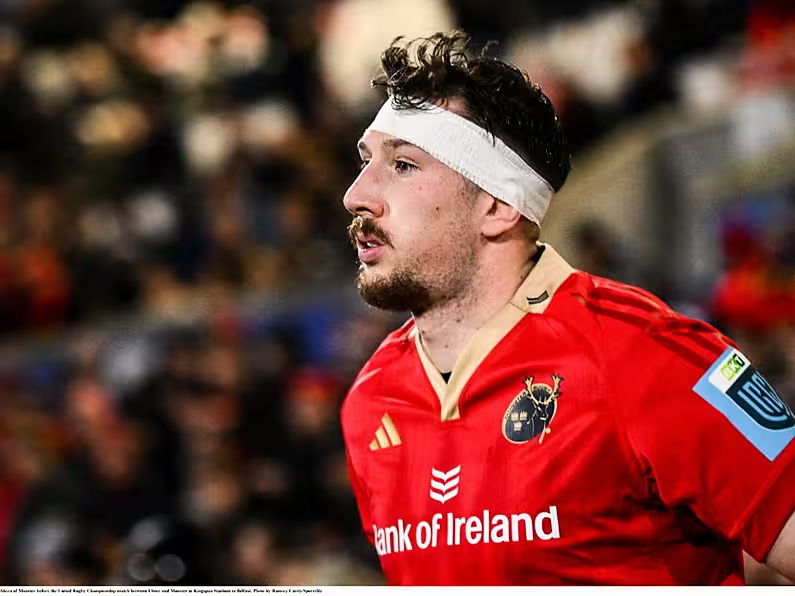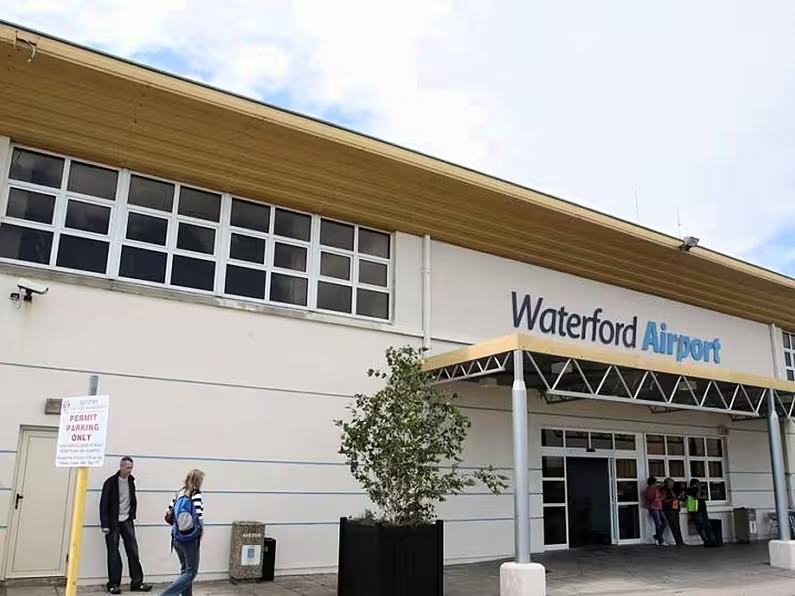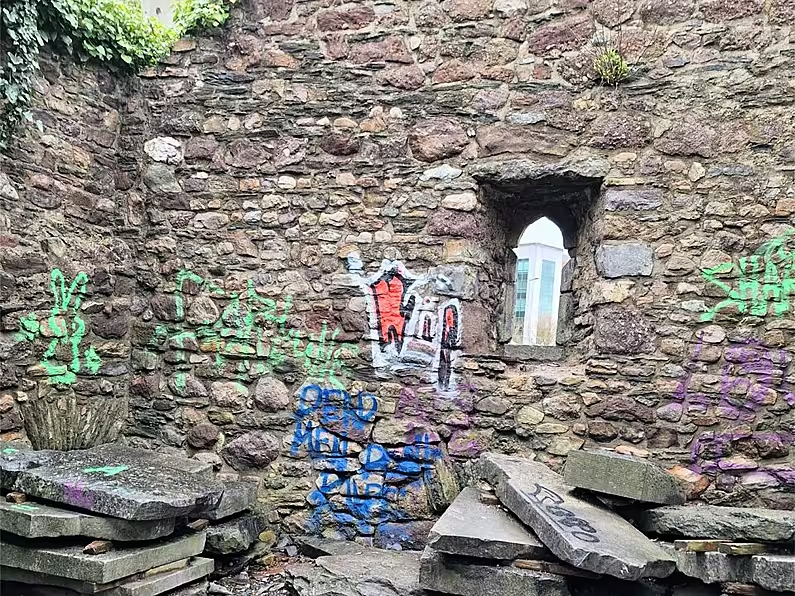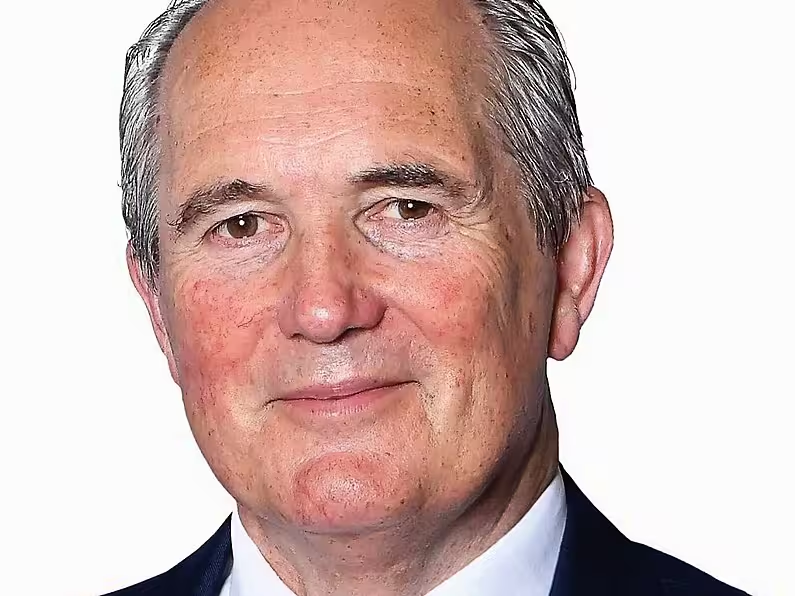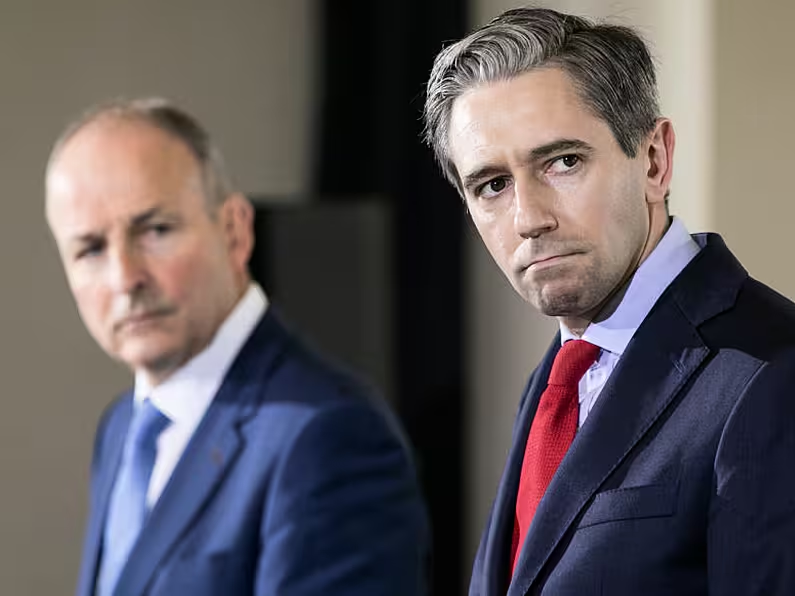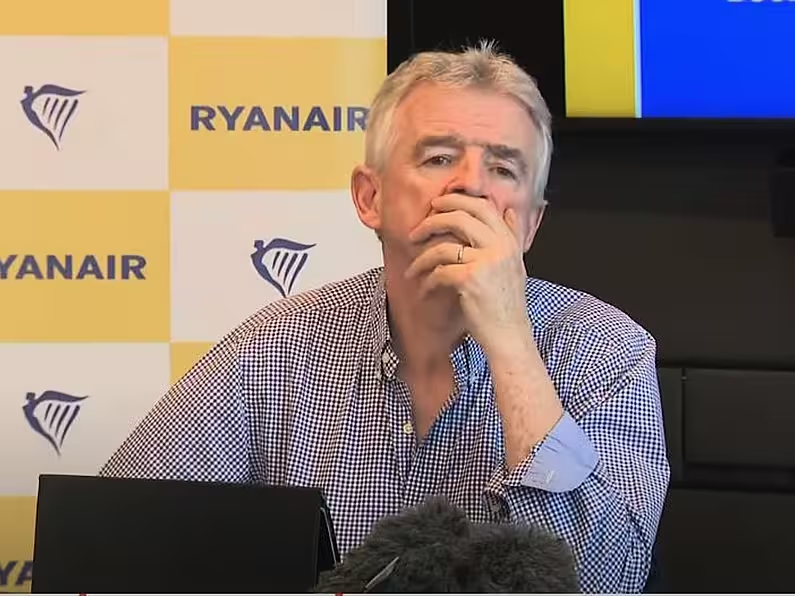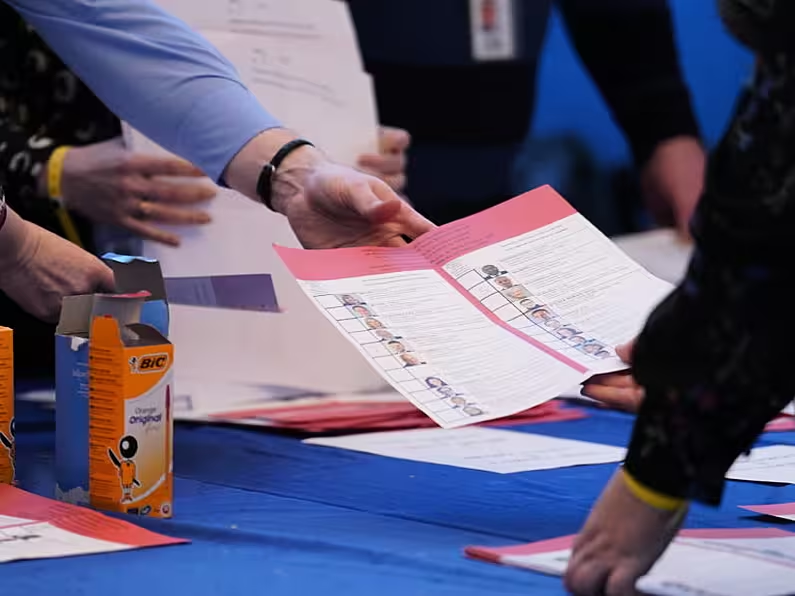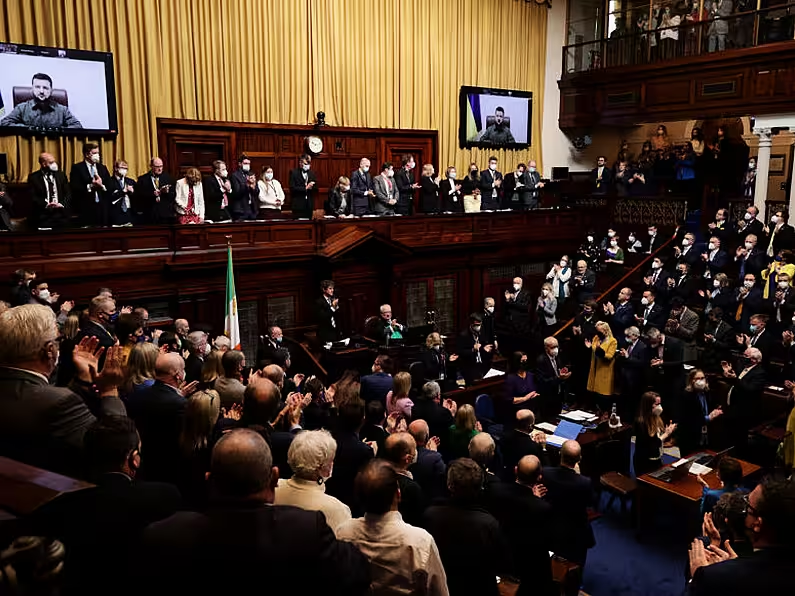By David Young and Rebecca Black, PA
The first leadership vote in the history of the DUP will take place on Friday afternoon.
The 36 members of the party’s electoral college, made up of its MPs and Northern Ireland Assembly members, will be able to cast their votes for either Jeffrey Donaldson and Edwin Poots between 12pm and 4pm in east Belfast.
Ahead of the vote, a virtual meeting of the college has been scheduled to enable both politicians to make a final pitch for support.
It is anticipated that the winner, which will be announced by party chairman Maurice Morrow, will be confirmed at around 5pm.
In the event of a tied result, the final decision on who ultimately leads the party could be passed to members of its ruling executive.

The pair are running to replace outgoing leader Arlene Foster, who announced her resignation last month.
Mrs Foster was ousted after an internal heave initiated by party colleagues unhappy with her leadership.
Her decision to step down as party leader on May 28th, and as the North's First Minister at the end of June, has prompted the first contest in the DUP’s 50-year history.
It has been an unusual campaign in so much as the DUP prevented both contenders speaking publicly about their candidature.
Party officers insisted the contest should be confined to internal campaigning among the electoral college.
Information about what both candidates pitched to party colleagues instead entered the public domain primarily via manifesto documents leaked to the media.
The campaign focused on rank-and-file concerns about DUP internal processes and structures, and wider political challenges facing unionism, in particular contentious post-Brexit trading arrangements, called the Northern Ireland Protocol, that have created new economic barriers between the region and Britain.

Unionism and loyalism have been significantly unsettled by the protocol and the emergence of the “Irish Sea border”.
Significant bouts of rioting broke out in several loyalist areas last month.
The political turmoil that has been unfolding within the DUP has also extended into wider unionist politics.
Last weekend, Ulster Unionist Party leader Steve Aiken also announced his resignation. Just one candidate, former British army captain Doug Beattie, has so far indicated he will run to replace him.
The looming Assembly election, which is currently scheduled for next May, has undoubtedly been a motivating factor among those advocating a leadership change within the two parties.
On Thursday, DUP Westminster leader Mr Donaldson and the North's Agriculture Minister Mr Poots both circulated eve-of-poll messages to their colleagues.
Under a “strength and experience to lead” strapline, Mr Poots insisted he has the “right plan to reform our party” and to “reinvigorate unionism”.
Lagan Valley MLA Mr Poots previously indicated that he will nominate a colleague to serve as First Minister.

Mr Donaldson’s final message to voters included a pledge to stand in the next Assembly election and become First Minister himself.
The long-standing Lagan Valley MP promised “major changes” and “greater participative structures” within the party, and pledged to provide “united leadership to unionism and the country”.
Under the plans for the 11am virtual final pitch, Mr Donaldson and Mr Poots have been allocated 10 minutes each to speak to the electoral college.
The contenders to succeed Nigel Dodds as deputy leader, Gregory Campbell, Paula Bradley and Paul Frew, have five minutes to make their case.





